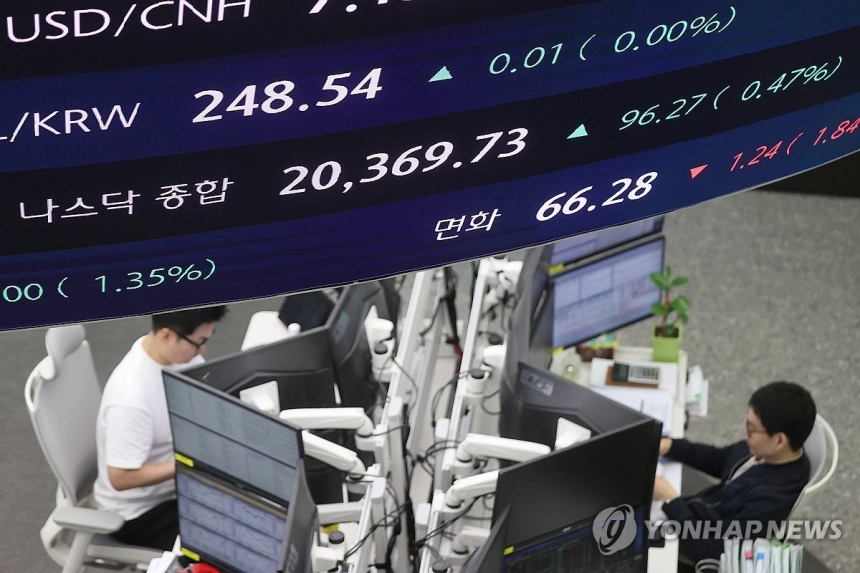An analysis has been proposed to amend the National Finance Act to enable the issuance of short-term government bonds to introduce a won-based stablecoin.
Kim Pil-gyu, a senior researcher at the Capital Market Research Institute, stated in the '2025 3rd Issue Briefing' published on August 11th that "domestically, short-term government bonds under one year are not being issued due to institutional constraints" and "the National Finance Act should be amended to establish a short-term government bond issuance system".
The researcher mentioned the U.S. GENIUS Act and the European Union's MiCA Act. These major countries allow short-term government bonds, repurchase agreements, and government money market funds (MMF) as reserve assets to ensure stablecoin stability and liquidity. Major stablecoins like USDT and USDC also mostly hold short-term government bonds or related financial products as reserve assets.
The key issue highlighted by the researcher is that Korea severely lacks such basic assets. He explained that "if a won-based stablecoin is introduced, there are significant constraints in holding risk-free ultra-short-term bonds as reserve assets".
Currently, under Korea's National Finance Act, all government bond issuance and redemption require parliamentary approval based on total issuance. If the government significantly increases short-term government bond issuance for a won-based stablecoin, it would exceed the limit during the refinancing process.
This has been one of the core reasons why short-term government bonds have not been institutionally introduced domestically. Alternative financial products like interim government bonds, fiscal bonds, and monetary stabilization bonds have limitations in terms of supply and liquidity. In fact, the proportion of ultra-short-term interim government bonds in the total government bond balance is only an average of 1.8%.
Ultimately, even if the Korean government introduces a won-based stablecoin, it would be difficult to guarantee stability at the level of the U.S. GENIUS Act due to the short-term government bond collateral issue. To change the situation, the law must be amended. This will likely serve as a touchstone for assessing whether the Korean government will seriously pursue a won-based stablecoin.
The researcher proposed that to stably secure risk-free ultra-short-term bonds as reserve assets for a won-based stablecoin, short-term government bond issuance is necessary. He suggested amending the law to change parliamentary approval criteria from total issuance to 'net increase' or 'balance'. He also emphasized that by simultaneously improving maturity structure, product design, and government bond management systems, it could contribute to the government's short-term funding flexibility and market activation.






